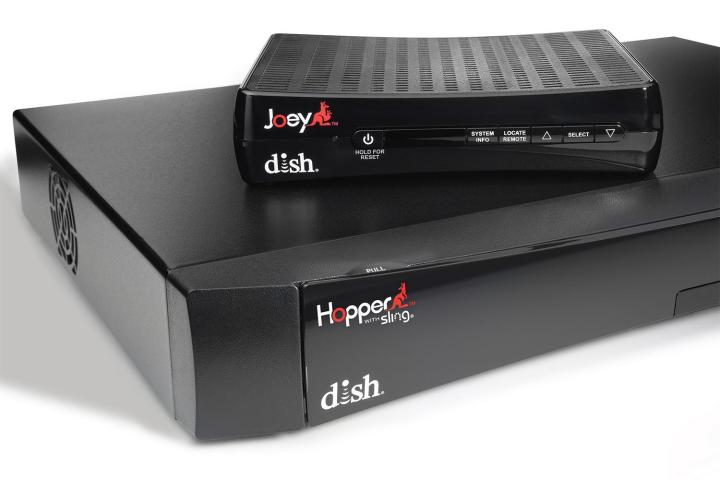
After a long and arduous “negotiation” both in and out of the courtroom, Disney and Dish Network just came to a monumental licensing deal in which the quarreling companies have slipped cozily into bed with one another.
The deal, announced in a Dish Network press release yesterday, will stifle Dish Network’s AutoHop feature for ABC programming, curtailing the popular service from skipping ABC’s ads in re-airs for three days, as opposed to its current practice of next-day ad skipping. In exchange, Disney has offered up its tantalizing warchest of content, including ABC, ESPN, Disney programming, and other services, for use in Dish Network’s new online TV venture, described in the official release as, “an Internet delivered, IP-based multichannel offering.”
Ostensibly, it’s a fairly standard contract in which both companies made concessions to move forward for a new, long-term licensing agreement. But looking more closely, the deal not only takes away a beneficial service for Dish Network subscribers, but it also sets a fundamental precedent that outlines a pathway to the end of AutoHop for good, with no need for any more nasty litigation.
The underlying message here is that all of the aggravation Dish imposed by threatening the major networks’ gushing ad revenue stream can go away. For a price, that is. It’s a message that is becoming more and more prevalent in the world of media, both in and out of the standard network-operated paradigm. Courtrooms may be great for getting the attention of your adversary, but the real weapon in the war for media domination is content. The big networks have it, and everyone else wants it.
There’s been a whole lot of saber rattling recently by the companies who own the major four television networks: CBS, NBC, FOX, and of course ABC. The companies have spent the last few years living in litigation land, suing anyone who messes with the status quo and generally throwing their content-based weight around. A great example can be found in the multiple lawsuits targeting Aereo and FilmOn, both of which use online means to rebroadcast network content, but without paying those networks licensing fees. That war got messy enough to make its way to a forthcoming Supreme Court showdown.
But most of the time, there’s no need for the companies who own the big networks to take it that far, because they hold all the keys. This latest deal shows just how powerful the conglomerates who control virtually everything you watch on TV have become. Dish Network was seen by many viewers as an advocate for changing the system, standing up to the networks with multiple services, from its AutoHop feature, to its integration of the Slingbox, which lets users watch their DVR content anywhere. Its wily ways attracted the ire of big media, and Dish seemed nary to care.
However, be it the legion of lawyers, the threat of pulling content and services, or lucrative licensing offers lining the pockets of new ventures such as the deal with Dish, the TV powers-that-be have a knack for getting exactly what they want.
On the flipside, of course, are the possibilities that this new online network Dish is launching present. There’s always the chance the service could open up new options to get access to major network content. However, we’d be surprised if that were the case. If the past is any indication, users without a Dish subscription won’t likely be able to gain access to content on the new service.
This April, the Supreme Court case that will decide Aereo’s fate (and, by proxy, FilmOn’s as well) will begin. As reported by Gigaom, the DOJ just weighed in on the coming suit, urging the Court to rule against Aereo – just in case it needed another massive foe. But make no mistake, the conclusion for Aereo’s services, whichever side you’re on, will have a major effect on how media proceeds in the future.
As the latest deal with Dish Network just showed, for those who desire a more open TV landscape in which the big players have less of an iron grip over how media is distributed, the list of allies grows thin.
[This article has been updated to detail that Dish Network has agreed to delay AutoHopping of Disney-owned programming for three days, updated 3/5/2014]


